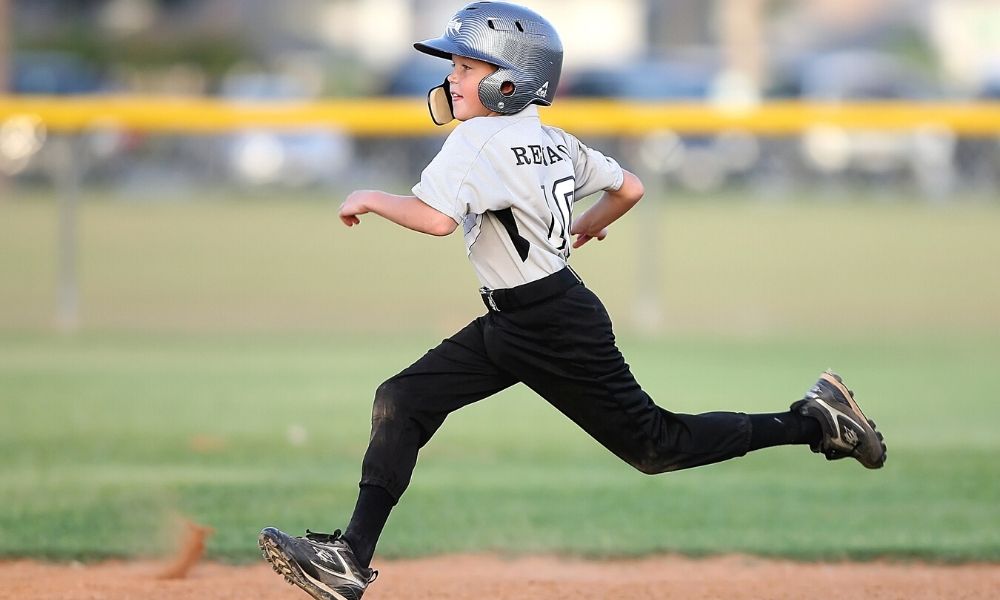As a parent, it’s your job to love and protect your children. In addition, it is also a parent’s duty to prepare their kids with skills to adapt to whatever the world throws at them. Life skills refer to the abilities and behaviors necessary to overcome the challenges that one encounters in everyday life. When raising a child with special needs, parents may have to set aside more time to help their child develop these skills. Doing so, however, will be well worth it, as these skills will play an integral role in helping them acquire more independence later in life. To learn about some of the most important life skills to teach your child with special needs, continue reading.
Self-awareness
Self-awareness is a crucial life skill that will greatly contribute to your child’s overall wellbeing. Essentially, self-awareness refers to one’s ability to acknowledge and appreciate their strengths and weaknesses. Such skills are essential for creating achievable goals and pursuing advantageous opportunities that are in-line with their interests and talents. As such, it is unsurprising that a strong sense of self-awareness has been directly linked to emotional intelligence and success. In addition, having a strong sense of self-awareness will also help your child make decisions that are best for them and avoid engaging in potentially destructive situations or relationships. One of the best ways to help your child develop self-awareness—or any life skill, for that matter—is by being a positive role model. By showcasing your ability to react calmly and positively in difficult situations, set healthy boundaries for yourself, and be empathetic daily, your child will likely naturally reflect such qualities.
Self-discipline
As a parent of a child with special needs, you may be more likely to be a little more lenient with them as you may feel as though they face enough challenges as a result of their disability. Thus, you may let it slide if they forget to do their chores or behave poorly. However, doing so does a disservice to your child, as they won’t develop self-discipline. Such a skill is essential to overcoming one’s weaknesses and limitations despite the challenges they may face. The ability to overcome such challenges can be highly beneficial for improving your child’s confidence and expanding their horizons. Fortunately, there are many different ways to teach your child to be more disciplined, from enrolling them in a sport to establishing consistent rules and defining your expectations.
Verbal and non-verbal communication skills
Good communication is one of the most important life skills to teach your child. Such communication skills will impact several areas of their life such as their relationships with their friends, family, teachers, and employers. Without the skills needed to effectively communicate, your child may have a hard time building and maintaining relationships with others. In addition, they may also experience frequent frustration that results from misunderstandings. As such, it is essential to teach your child crucial verbal and non-verbal communication skills. As your child may have a disability that poses physical communication limitations, alternative methods of communication may be required. In such cases, provide your child with the tools they need to practice effective communication and modify their communication strategies accordingly so that they can develop their skills.



